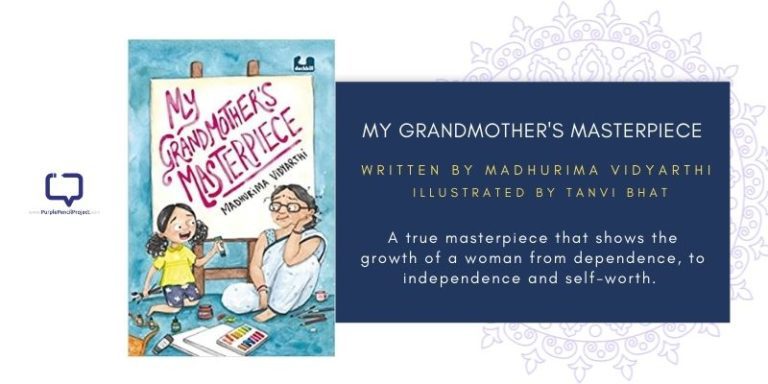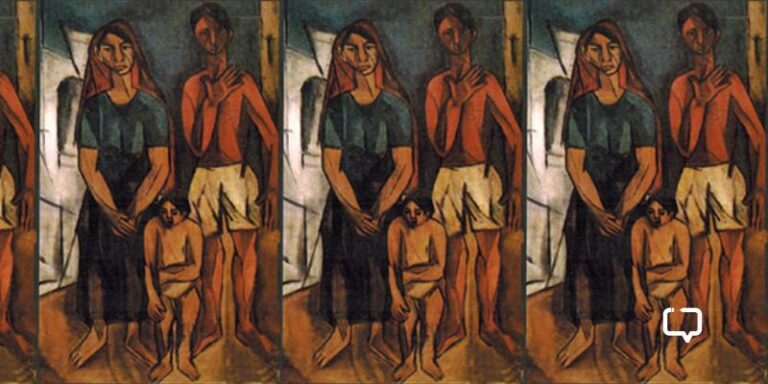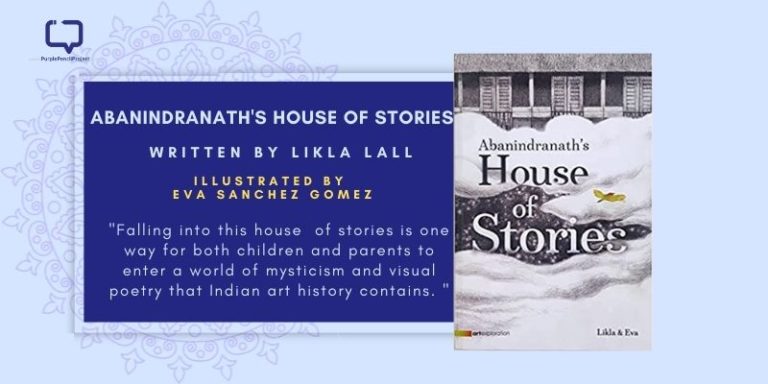Originally written in Urdu as Ghaddaar by Krishan Chander
The air in August 1947 was laced with poison. The overcast monsoon skies spelt doom. The wind though laden with moisture caked the skin and parched throats dry. Little did the people of an undivided India know that a cataclysmic event would rip their lives apart in irreversible ways. Even the clear waters of the Ravi turned murky, as if preparing to wear the deep shade of red it would within a fortnight.
We encourage you to buy books from a local bookstore. If that is not possible, please use the links on the page and support us. Thank you.
It was at this time that two lovers; a much-married Hindu businessman, Baijnath and a Muslim girl, Shadaan, meet in the cover of the white sarkanda bushes, worrying about their own little world and finding solace in each other’s arms. They overhear a conversation between Shadaan’s brother, Tufail, son of the village nambardar (landlord) and a messenger of Peer Jamaat Ali Shah; one that forebodes a mad massacre and an unholy rush of people across an uncertain border as the nation waited to free itself from the British at the cost of its dissection into India and Pakistan.
In search of family
Baijnath who had come to his maternal grandmother’s village to meet Shadaan is compelled to return to his family in Lahore, to his parents, brothers, sisters, wife and children. Shadaan bids a final farewell and ensures her love reaches Lahore safely, escorted by her brother with a promise to marry his friend in exchange.
The streets of Lahore are not the same, shadows lurk at street corners, the air smells of kebabs is stifling, and people’s glances wear only suspicion, Baijnath feels alien in his own city, returning to a locked house and forced to spend a night at his friend Miyan’s place who drops him to safety at Lahore railway station at the risk of losing his two children to rioters.
Baijnath then travels to Darbarsahab Kartarpur station with the help of ticket collector Shahid and reaches his paternal grandfather’s village Kotli Soodkaan where he reunites with his family.
When the rioters attack his affluent grandfather’s palatial house even before the crack of dawn, a mad rush to safety begins.
The narrator states this effectively through the lines:
“Sleep courses through every fiber of my body, but it cannot find a single spot to settle down”.
A coming-of-age story
From a happy-go-lucky businessman with lots of friends from all religious communities, more Muslim friends than anyone, being liberal and bordering on apolitical to becoming a sleepless pauper, Baijnath discovers life’s opposites juxtaposed closely.
He sees a mother who requests she is killed for she has lost her three children to communal riots, an old man close to death who wants to cross the river to reach a place of hope even when his own sons have deserted him, a moneylender sifting through corpses in the station for money and gold to be able to finance his only daughter’s marriage, an old Sikh couple who valiantly await their death outside a gurdwara.
The banks of the river Ravi turn into slaughterhouses with scores of people in caravans crossing them chopped in a span of minutes. Baijnath meets a few of his family members on the banks of the river where accounts of his personal loss strike him hard, churning his inners, boiling his blood and turning him into a fiercely vengeful creature.
Will Baijnath be one among the many who take lives in the name of God? Or will he win over his inner demons to discover the God within him? Where will he head to? There was no return to a land that just disowned him overnight, there was seemingly no welcome from a new, strange land on the other side.
Favourite Quote
“The last name on the dying man’s lips was God’s, and on the lips of those who killed was God’s other name. And if there was an Almighty – somewhere far away, far above the killer and the killed – indeed He was a cruel tyrant.
Analysis and Conclusion
When it comes to Partition literature, one cannot refrain from mentioning Khushwant Singh’s A Train to Pakistan. Set in the fictional village of Mano Majra, this provided an insight into the ghastly event in annus horribilis.
Krishan Chander considered one of the four pillars of modern Urdu short story along with Saadat Hasan Manto, Ismat Chugtai and Rajinder Singh Bedi, delves deeper into the details of partition leaving an account of astute observations. Lahore comes alive in his words, verses in Punjabi bring you closer to the earth of the once undivided province, caravans of Muhajirs trying to cross over to Pakistan and of Sharanarthis trying to cross over to India on the bridge over Ravi in slotted durations with a British officer on command regulating the human traffic – the description leaves a lump in your throat. A single gesture of the officer’s hand splits many a family.
The reality is stark and the deliverance is strong. Though the translation by Rakhshanda Jalil was fine and taut, I believe the writing is more poignant, remorseful and impactful in Urdu.
Recommended for:
Come August 15, we celebrate Independence Day every year; but for scores of old people who actually paid the price during partition following Independence, for many forcefully displaced and orphaned, freedom is an illusion, a haze that covers gory scenes cached in most cryptic corners of their head. Their lips are sealed never to utter a word about the dark days. In cupped hands, they hold something of the time bygone, too painful to soak in entirely, equally painful to let go as well.
This book deserves a read from each one of us not because by reading we share their pain or intend to alleviate it but to deem ourselves lucky not to witness the most unfortunate circumstances in the nation’s contemporary socio-political history.






















One Response
Loved the review Divya. Always love the way you write. Looking forward to reading more of your reviews here. Adding this to my TBR.